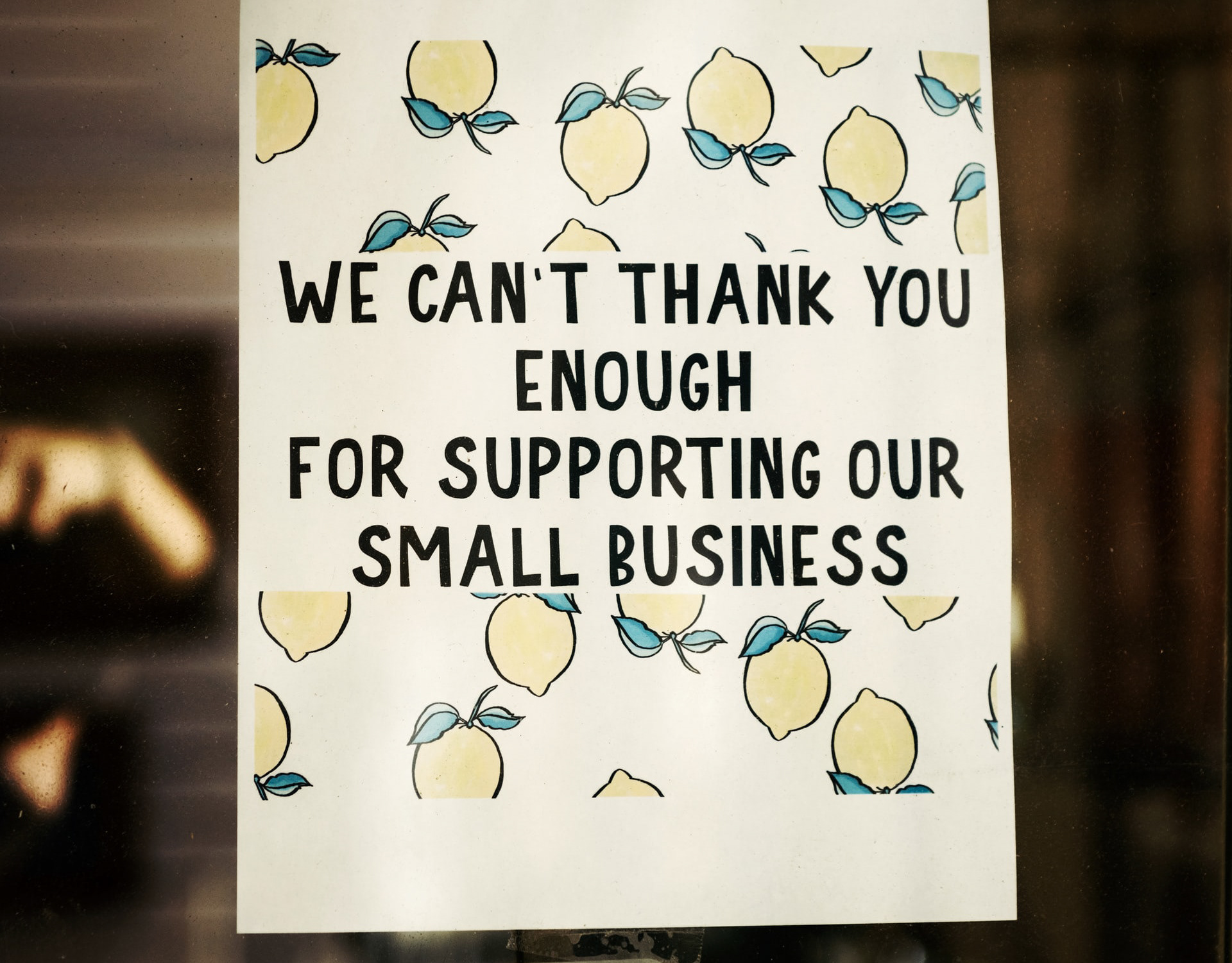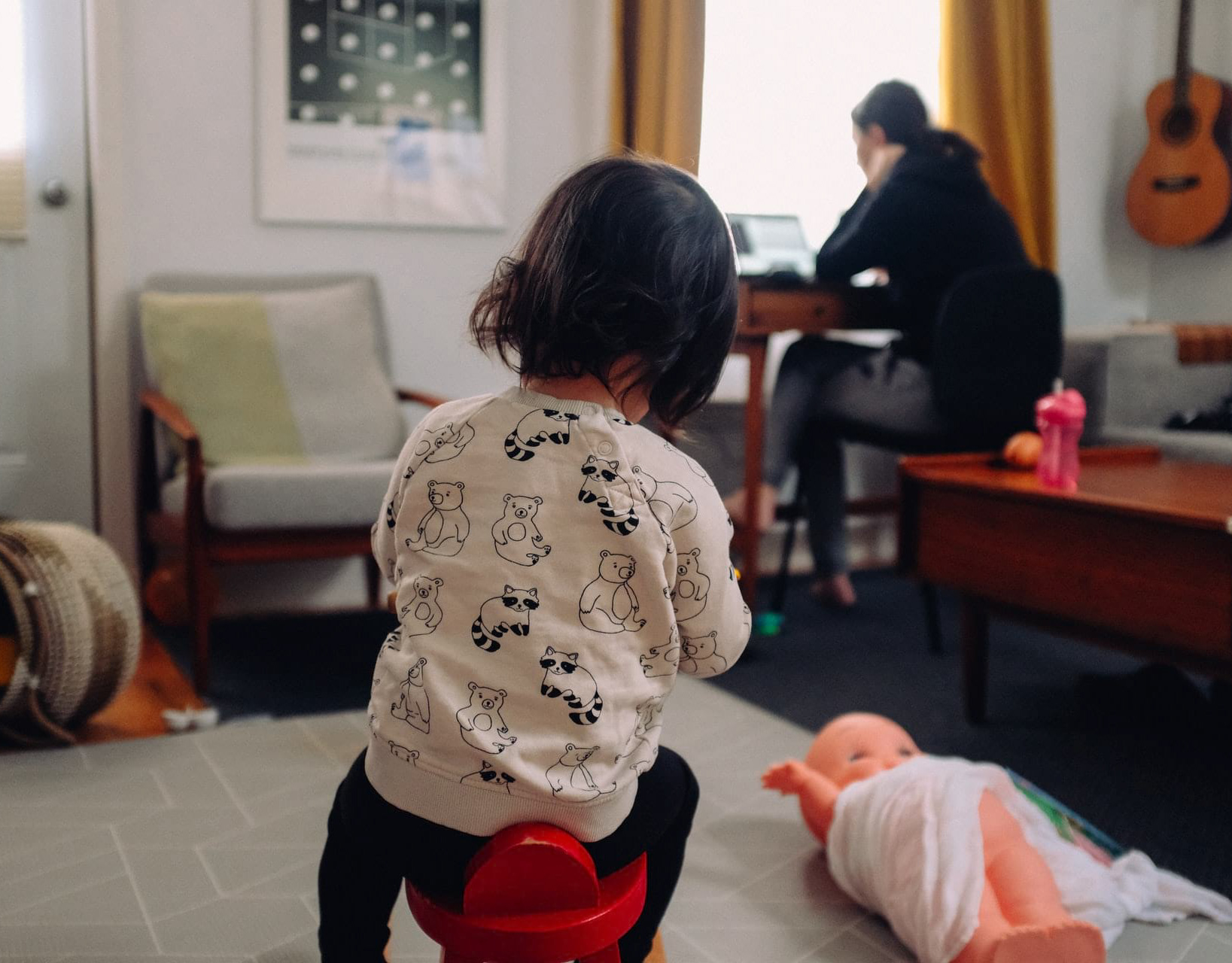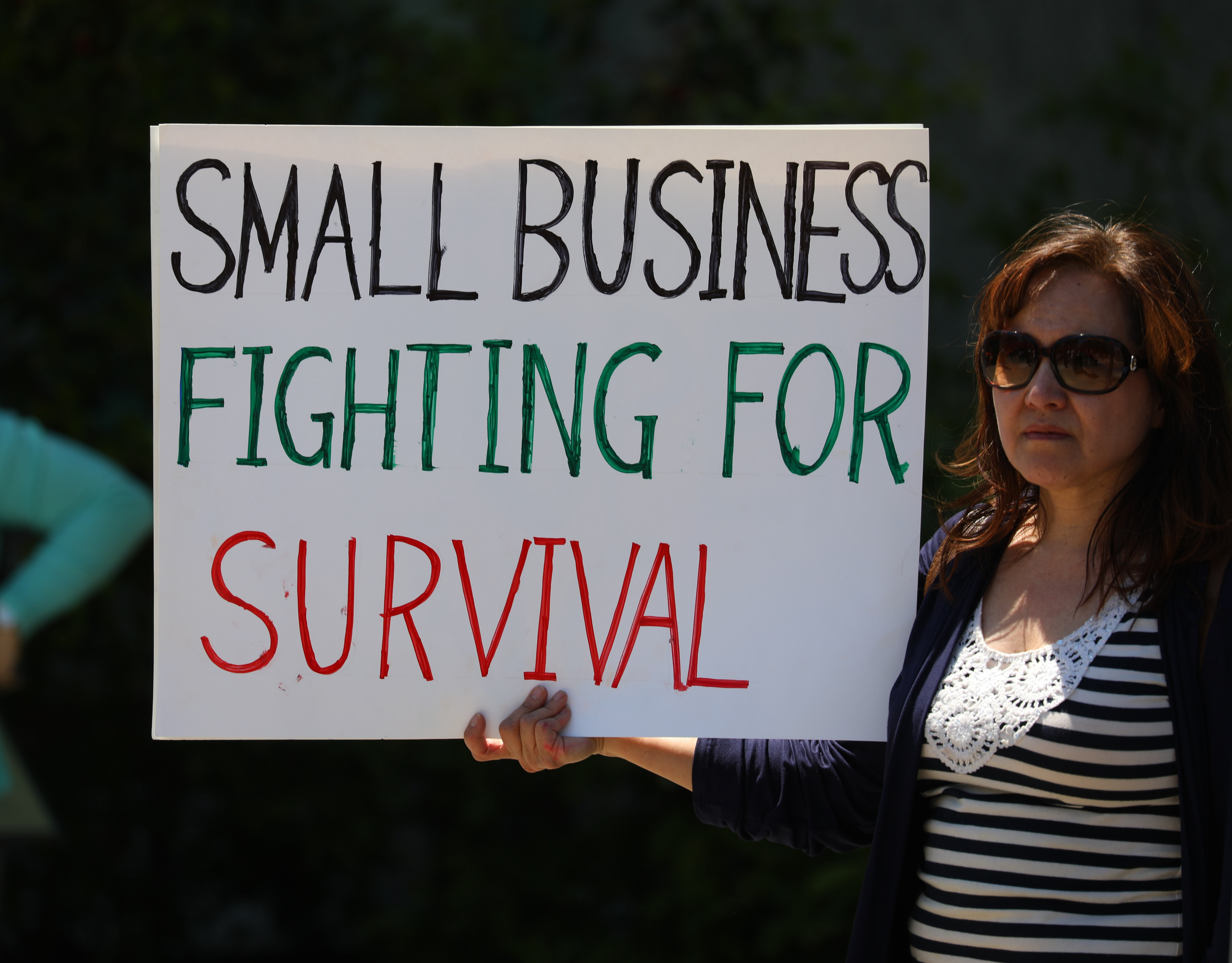Photo by Tim Mossholder on Unsplash
Localism from downtown to our town
It is interesting to note that the last crisis, as now, created an uptick in the notional importance of the local. The devolution agenda and the Localism Act were the early manifestations of ‘taking back control’ from globalism. This may have run out steam not least as the globalistas 2.0 (with WeWork at the vanguard) roared by.
However, there were pre-pandemic indications that we were beginning to see the re-emergence of the local once again. A largely overlooked report from Regus from July 2019 (The Flex Economy) may prove to have been very prescient. Regus argued for the “rise of the suburban flexible workspace” in a world where “very soon, the concept of the work commute will be completely alien.” This followed a 2018 report from Cushman Wakefield in the US (CBD vs Suburbs? The Millennial Effect) which suggested a demographically driven shift from ‘downtown to our town’ working.
Since then, the globalistas (hello again WeWork) and globalism have only been seen to fail us yet again. Now all the talk is all about supply chains shortening, being on shored and localised to provide greater resilience.
Meanwhile, the huge irony is that social distancing has served to bring local communities closer together. In the States, Bisnow is reporting a significant spike in interest in what might have been previously considered secondary locations. This is to the benefit of a new wave of providers such as Industrious, Serendipity Labs and ‘mom and pop’ operators such as Hayvn. IWG, of course, is seeking to pivot into this market via their franchise model and is cited as a factor in their recent successful placing raising a war chest.
Flexspace providers have always promoted themselves as communities in the making. Observers have tended to mark this down as PR puff. That said, with the renewed focus on the importance of communities mainstreaming, those providers that can genuinely facilitate it, will have much to gain.










